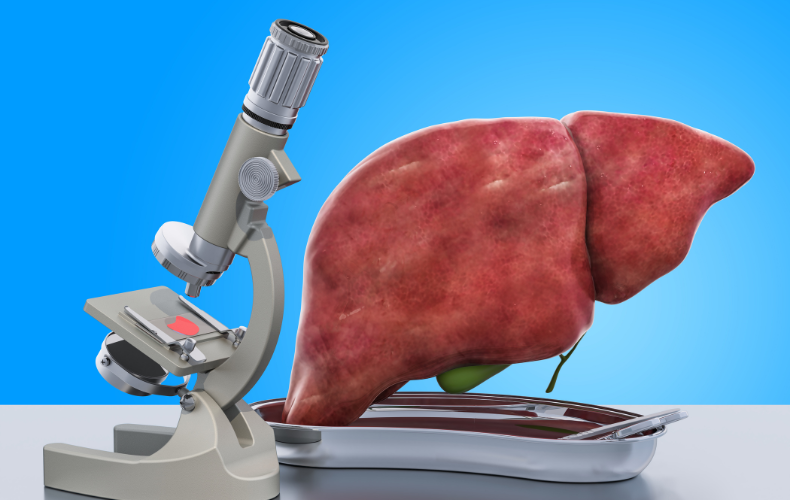
Recent advancements in stem cell research are revolutionizing our approach to critical health conditions, particularly in the field of acute liver failure (ALF). This life-threatening condition poses significant challenges due to limited treatment options. However, promising new research indicates that umbilical cord-derived mesenchymal stem cells (UC-MSCs) could offer solutions.
Understanding Acute Liver Failure (ALF)
ALF is characterized by a rapid decline in liver function that, if untreated, can lead to severe health complications or death. The leading causes include viral infections, drug toxicity, and autoimmune diseases, with paracetamol overdoses being the most common reason for admissions.
Current treatments are confined to liver transplants or supportive care, both of which have significant hurdles, including the scarcity of available organs and high costs. As a result, there is an urgent need to explore alternative therapies, with umbilical cord stem cells showing immense potential.
The Promise of Umbilical Cord Stem Cells
The umbilical cord is a rich source of mesenchymal stem cells capable of differentiating into specialized cell types and exhibiting immunomodulatory properties. Research has demonstrated that UC-MSCs are associated with lower mortality rates and improved liver function in ALF treatment compared to stem cells from other sources. They possess the ability to differentiate into hepatocyte-like cells and promote the proliferation of existing hepatocyte cells, which are critical for liver function and often contribute to the complications of ALF.
Latest Research Developments
A new clinical trial is currently underway to investigate the efficacy of UC-MSCs in treating ALF. Set to conclude in 2028, this multi-centre, double-blind, and randomized placebo-controlled trial will assess the safety and effectiveness of UC-MSCs in patients experiencing acute-on-chronic liver failure. Participants will be divided into control and treatment groups, receiving either 3 or 5 intravenous infusions of UC-MSCs, with follow-ups scheduled over a year.
The trial aims to establish whether umbilical cord-derived stem cells are superior to other mesenchymal stem cell sources in treating ALF.
The Future of Cord Blood Banking
This research is just one among many exploring the therapeutic potential of umbilical cord stem cells for various conditions, including cancer, stroke, heart disease, and Parkinson’s disease. For patients facing acute liver failure, UC-MSC-based therapies could one day become life-saving alternatives to liver transplants.
As this research advances, the importance of cord blood banking increases. Having access to one’s own perfectly matched stem cells for future treatments could eliminate the risk of rejection and pave the way for innovative therapies in medical emergencies like ALF.
References:
- Kerslake, D. A. (2024). Acute Liver Failure. RCEM Learning.
- Wang, Y. H., & Chen, E. Q. (2023). Mesenchymal Stem Cell Therapy in Acute Liver Failure. Gut and Liver, 17(5), 674–683.
- Hu, C., Wu, Z., & Li, L. (2020). MSCs promote liver regeneration through immune regulation. Int. J. Biol. Sci., 16(5), 893–903.
- Xu, W. X. et al. (2019). Plasma exchange and UC-MSC transplantation in hepatitis B-related ALF: A clinical trial. Stem Cells Int., 2019, 4130757.
- Shi, M. et al. (2012). MSC transfusion improves liver function in acute-on-chronic liver failure. Stem Cells Transl. Med., 1(10), 725–731.
- Zhou, R. et al. (2014). UC-MSCs and hepatocyte-like cells show similar therapeutic effects in an ALF mouse model. PLoS One, 9(8), e104392.
- Gong, J. et al. (2023). Hepatocytes: A key role in liver inflammation. Front. Immunol., 13, 1083780.
- Wang, Y. et al. (2024). UC-MSC transplantation for acute-on-chronic liver failure: Trial protocol. BMJ Open, 14(6), e084237.

